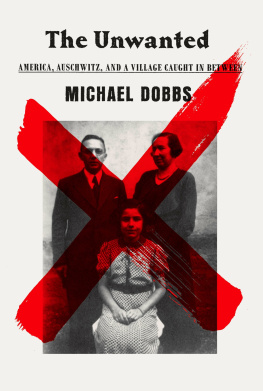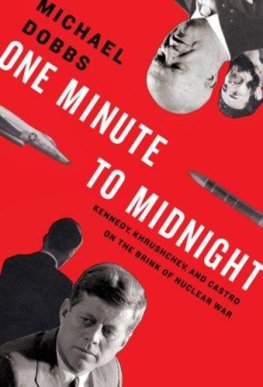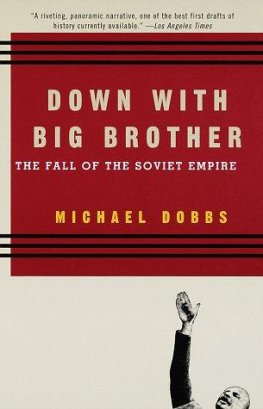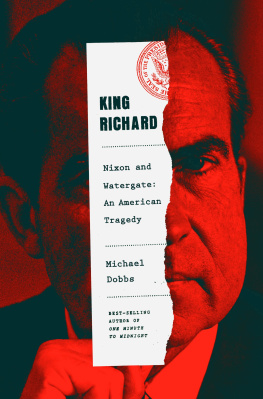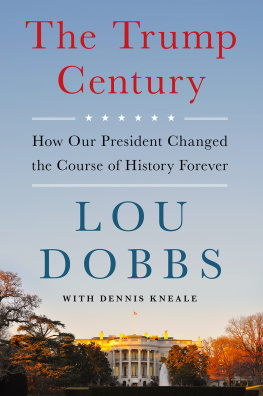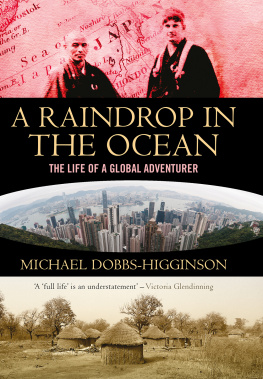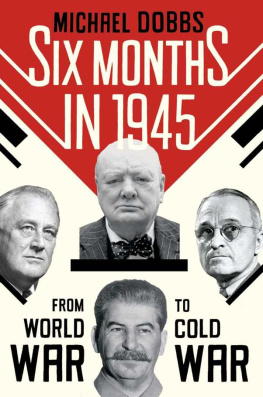Michael Dobbs - The Unwanted: America, Auschwitz, and a Village Caught In Between
Here you can read online Michael Dobbs - The Unwanted: America, Auschwitz, and a Village Caught In Between full text of the book (entire story) in english for free. Download pdf and epub, get meaning, cover and reviews about this ebook. year: 2019, publisher: Knopf Doubleday Publishing Group, genre: Detective and thriller. Description of the work, (preface) as well as reviews are available. Best literature library LitArk.com created for fans of good reading and offers a wide selection of genres:
Romance novel
Science fiction
Adventure
Detective
Science
History
Home and family
Prose
Art
Politics
Computer
Non-fiction
Religion
Business
Children
Humor
Choose a favorite category and find really read worthwhile books. Enjoy immersion in the world of imagination, feel the emotions of the characters or learn something new for yourself, make an fascinating discovery.
- Book:The Unwanted: America, Auschwitz, and a Village Caught In Between
- Author:
- Publisher:Knopf Doubleday Publishing Group
- Genre:
- Year:2019
- Rating:5 / 5
- Favourites:Add to favourites
- Your mark:
- 100
- 1
- 2
- 3
- 4
- 5
The Unwanted: America, Auschwitz, and a Village Caught In Between: summary, description and annotation
We offer to read an annotation, description, summary or preface (depends on what the author of the book "The Unwanted: America, Auschwitz, and a Village Caught In Between" wrote himself). If you haven't found the necessary information about the book — write in the comments, we will try to find it.
The Unwanted: America, Auschwitz, and a Village Caught In Between — read online for free the complete book (whole text) full work
Below is the text of the book, divided by pages. System saving the place of the last page read, allows you to conveniently read the book "The Unwanted: America, Auschwitz, and a Village Caught In Between" online for free, without having to search again every time where you left off. Put a bookmark, and you can go to the page where you finished reading at any time.
Font size:
Interval:
Bookmark:
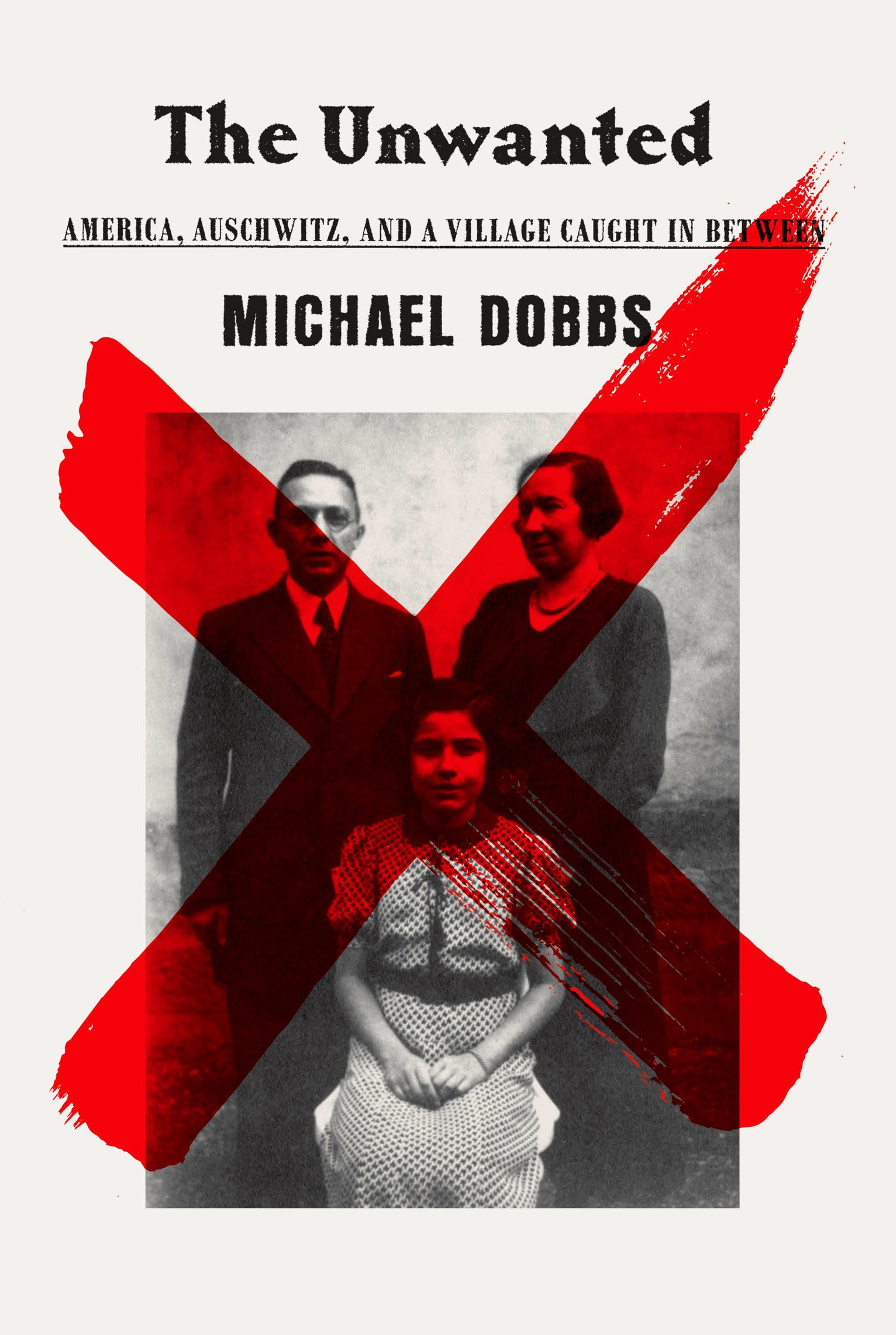
Six Months in 1945 : From World War to Cold War
One Minute to Midnight: Kennedy, Khrushchev, and Castro on the Brink of Nuclear War
Saboteurs: The Nazi Raid on America
Madeleine Albright: A Twentieth-Century Odyssey
Down with Big Brother: The Fall of the Soviet Empire
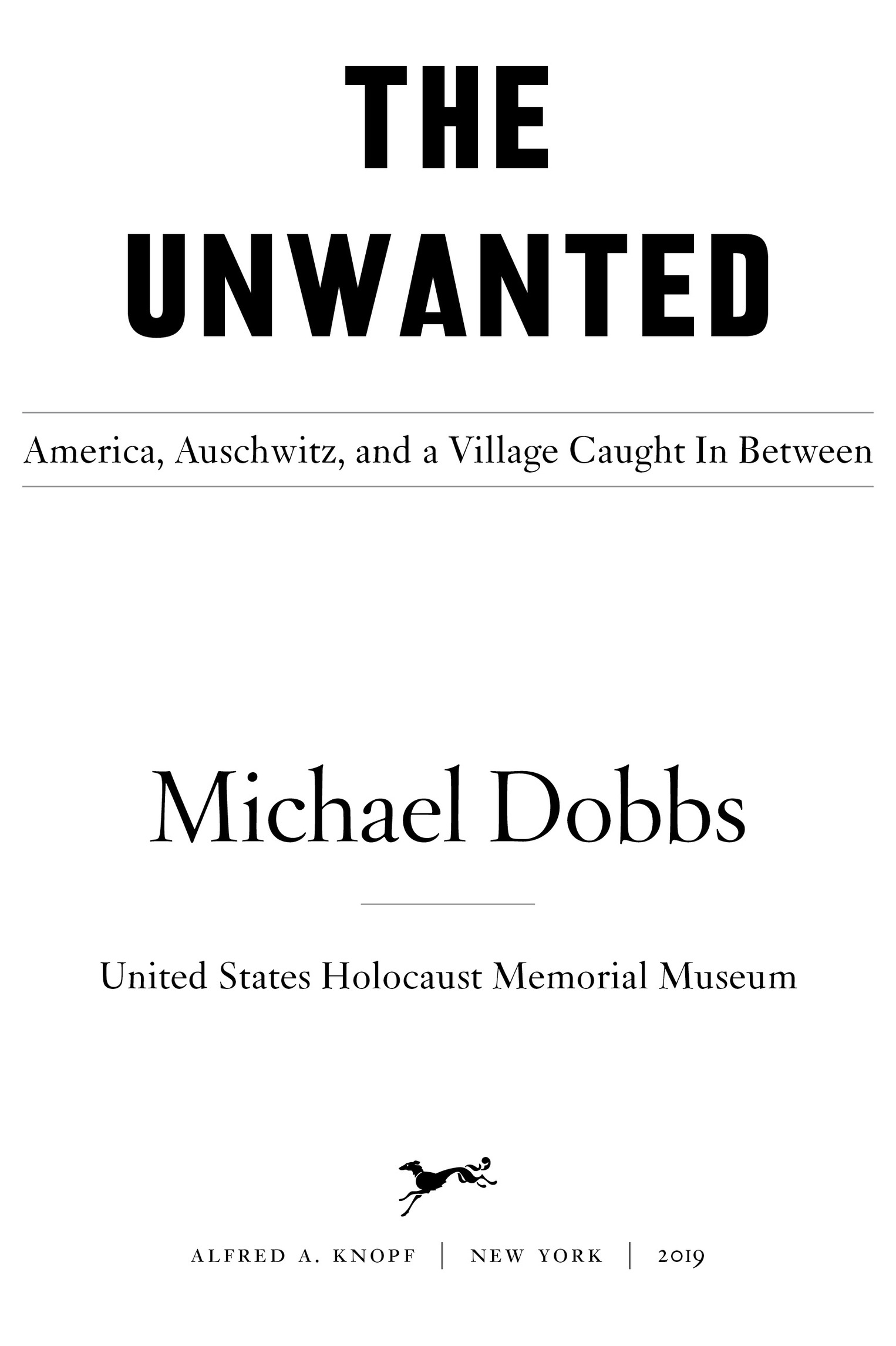
THIS IS A BORZOI BOOK PUBLISHED BY ALFRED A . KNOPF
Copyright 2019 by United States Holocaust Memorial Museum
All rights reserved. Published in the United States by Alfred A. Knopf, a division of Penguin Random House LLC, New York, and distributed in Canada by Random House of Canada, a division of Penguin Random House Canada Limited, Toronto.
www.aaknopf.com
Knopf, Borzoi Books, and the colophon are registered trademarks of Penguin Random House LLC.
Library of Congress Cataloging-in-Publication Data
Names: Dobbs, Michael, [date] author.
Title: The unwanted: America, Auschwitz, and a village caught in between / by Michael Dobbs.
Description: First edition. | New York: Alfred A. Knopf, [2019] | Borzoi book. | Includes bibliographical references and index.
Identifiers: LCCN 2018024784 (print) | LCCN 2018025652 (ebook) | ISBN 9781524733209 (e-book) | ISBN 9781524733193 (hardcover)
Subjects: LCSH : Holocaust, Jewish (19391945) | Roosevelt, Franklin D. (Franklin Delano), 18821945Relations with Jews. | Roosevelt, Franklin D. (Franklin Delano), 18821945Political and social views. | Jews, EuropeanGovernment policyUnited StatesHistory20th century. | United StatesEmigration and immigrationGovernment policy20th century. | JewsPersecutionsEuropeHistory20th century. | World War, 19391945JewsRescue.
Classification: LCC D 804.3 (ebook) | LCC D 804.3 . D 63 2019 (print) | DDC 940.53/18142dc23
LC record available at https://lccn.loc.gov/2018024784
Ebook ISBN9781524733209
Cover photograph courtesy of Dianne Lee / Hedy Epstein Estate
Cover design by Tyler Comrie
Maps by Gene Thorp
v5.4_r1
ep
For the Victims
It is a fantastic commentary on the inhumanity of our times that for thousands and thousands of people a piece of paper with a stamp on it is the difference between life and death.
D OROTHY T HOMPSON , American journalist, 1938
It was the season of Light, it was the season of Darkness, it was the spring of hope, it was the winter of despair, we had everything before us, we had nothing before us, we were all going direct to Heaven, we were all going direct the other way.
C HARLES D ICKENS , A Tale of Two Cities
At the beginning of this book, fourteen-year-old Hedy Wachenheimer rides her bike to school through the foothills of the Black Forest on November 10, 1938, unaware that her life is about to change forever. That same morning, U.S. diplomats and consuls in Nazi Germany struggle to make sense of the burning of synagogues, the destruction of Jewish shops and homes, and the arrest of thirty thousand Jewish men and boys. What did these attacks portend? Should the United States respond? If so, how?
What we now term the Holocaust changed our world, shattering our assumptions about human nature, the character of Western civilization, and the very notion of progress. At the time of Kristallnacht this was all in the future.
We need to keep reminding ourselves that the Holocaust was not inevitable. With the benefit of hindsight and scholarship, we can now identify the various factors that led to the rise of Nazism and the genocide of the Jews. We can see the bad decisions, fecklessness, and missed opportunities all aroundmotivated by ideological beliefs and hate but also by fear, greed, resentment, indifference, and wishful thinking.
Adolf Hitler was appointed chancellor of Germany in January 1933, in the midst of a serious economic depression and widespread fears of Communism. Conservative elites found his extremism and propensity for violence distasteful, but thought they could control him. He would soon eliminate their power as he transformed Germany from a democracy to a dictatorship, enabling the implementation of his vision of a racially pure nation.
Over the course of the 1930s, the Nazi regime instituted laws stripping Jews of their German citizenship and removing them from all aspects of German societyits economy, government, and the media as well as educational, social, and cultural institutions. During this period, Nazi policy regarding the Jews was to encourage emigration. But the forced impoverishment of the Jews and strong antisemitic views worldwide made it hard for the Jews to find places of refuge willing to accept them.
In September 1939, with the invasion of Poland and the beginning of World War II, things would change dramatically. Jewish communities were targeted for exclusion, persecution, and violence in all the Nazi-occupied lands. After the surprise German invasion of the Soviet Union in June 1941, the regime started systematic mass shootings and later turned to industrialized murder by gassing.
Americans could read accurate information about the Nazi persecution of German Jews as early as 1933. Front-page articles about newly inaugurated President Franklin Roosevelt and his New Deal sat next to reports of the German boycott of Jewish businesses and the burning of books by Jews and other unacceptable authors.
In response to this news, some Americans held rallies and protests, and started a boycott movement against stores that carried German goods. Hundreds of petitions from all over the country urged government officials to protest Nazi Germanys treatment of Jews. Yet in 1933 the United States, and other nations, considered diplomatic protest to be violations of Germanys national sovereignty and accepted international norms. It was not against the law for a country to attack its own citizens.
Meanwhile, polls showed that Americans were consistently unwilling to expand the United States restrictive 1924 immigration quotas to allow more immigrants to enter the country. Between 1933 and 1938, the German quota went unfilled. By early 1939, more than 240,000 Germans, mostly Jews, had applied for U.S. immigration visas, creating a multiyear backlog. Although Americans did not know that the Holocaust would happen, they did know that something terribly wrong was happening in Nazi Germany, and that it was getting worse. Yet, save for a few courageous individuals, Americans did not take a stand.
In The Unwanted, Michael Dobbs reconstructs the German village of Kippenheim, and the members of the Jewish community who lived there. Its a world like any otherfull of dreams and ambitions, friendships and families. Dobbs can bring us into their daily life because of the extraordinary amount of archival material, photographs, and oral histories available. For most communities, especially in eastern Europe, where the vast majority of the victims of the Holocaust lived, such records, if they survived at all, are much more fragmentary. The well-documented story of Kippenheim is a painful reminder that this is just one of approximately four thousand Jewish communities across Europe that were destroyed.
Some Kippenheimers were able to navigate the United States increasingly restrictive immigration process, which required applicants to find an American financial sponsor, pre-purchase a ticket for one of the few ships crossing the Atlantic, and prove beyond doubt that they were not a security threat. East European Jews, whose communities were occupied by Nazi Germany through wartime conquest, did not have the same hope of escape.
Font size:
Interval:
Bookmark:
Similar books «The Unwanted: America, Auschwitz, and a Village Caught In Between»
Look at similar books to The Unwanted: America, Auschwitz, and a Village Caught In Between. We have selected literature similar in name and meaning in the hope of providing readers with more options to find new, interesting, not yet read works.
Discussion, reviews of the book The Unwanted: America, Auschwitz, and a Village Caught In Between and just readers' own opinions. Leave your comments, write what you think about the work, its meaning or the main characters. Specify what exactly you liked and what you didn't like, and why you think so.

